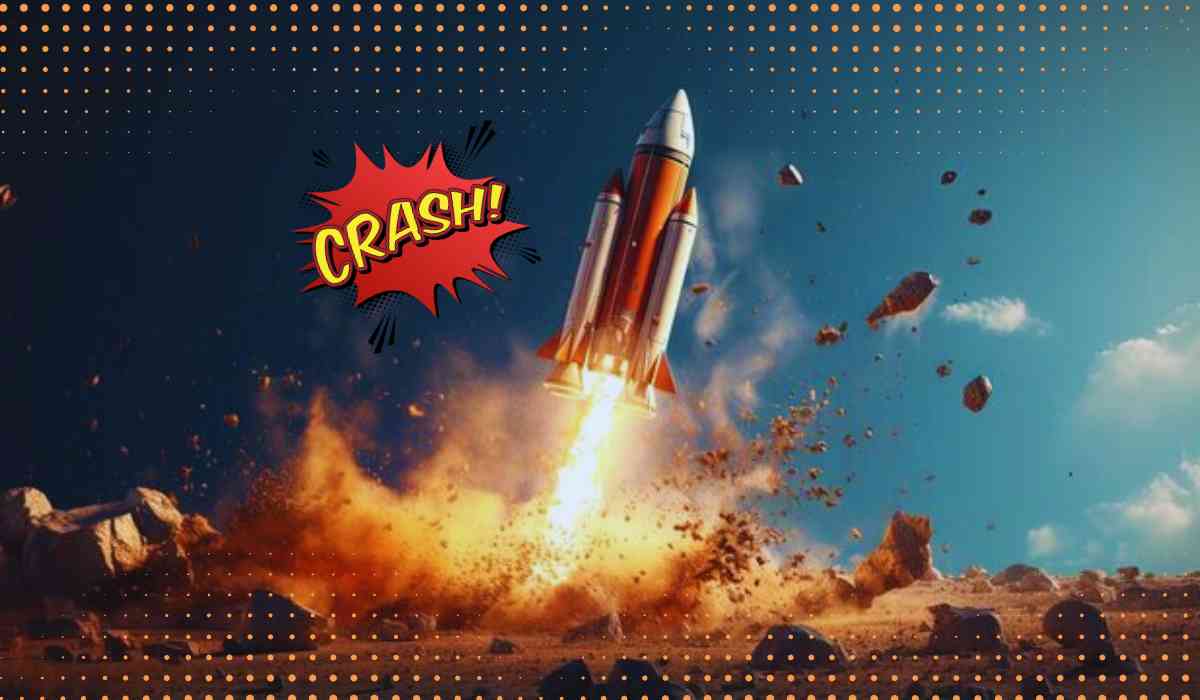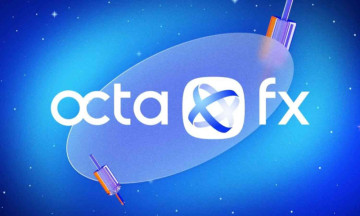
Image Source - Vecteezy
Rocket Test Ends in Crash
Chinese space startup Deep Blue Aerospace said on Sunday that one of its reusable kerosene-powered Nebula-1 rockets didn't return to Earth safely following a test flight. A test high-altitude vertical recovery flight in Inner Mongolia went according to plan but crashed when attempting to land.
The company said that the Nebula-1 met 10 of 11 mission objectives during its test. During ascent, the rocket's three liquid-fueled thrusters acted correctly and propelled the vehicle from the pad. Both of the liquid-fueled engines shut down in mid-course, and the Nebula-1 entered into a controlled descent. At the landing interface, something in the rocket's landing system went wrong. It smashed too violently and cracked down the middle of its upper stage rocket body and left half of it burning, as can be seen in these images from the test.
Innovative Fuels to Cut the Cost of Launching
Deep Blue Aerospace is one of the firms experimenting with alternative fuels that include kerosene, methane, and liquid oxygen. These are expected to be much cheaper, and their usage is believed to cut down on rocket launches in a cleaner and more efficient process. Hence, it is going to become the next big venture for many in the respective space industries.

Image Source - Vecteezy
China's Space Startups Enter Competitive Market
A couple of private Chinese space companies have been actively testing spacecraft over the last year. They all compete for a place in the increasingly demanding commercial space sector of China. The most important focus is on the creation of satellite constellations that may rival Elon Musk's Starlink and create new opportunities for communications at the global level.
Room for Improvement
Although it crashed, Nebula-1 seems closer to success. With China's space race heating up, these startups will further refine their technology, learn from each mishap, and come up with powerful, efficient rockets for the future.
Inputs from Multiple Agencies
Media Sources: Instagram
ⒸCopyright 2024. All Rights Reserved Powered by Vygr Media.

























